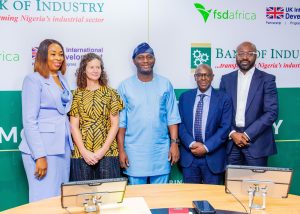Countries in the sub-Saharan Africa (SSA) region have been on a development curve in setting up effective Anti-Money Laundering (AML) and Combating the Financing of Terrorism (CFT) regulatory responses that meet the international Financial Action Task Force (FATF) standards. This toolkit is the first of its kind and benefits from extensive comments and reviews from FATF as well as key FATF-Style Regional Bodies such as Eastern and Southern Africa Anti-Money Laundering Group (ESAAMLG), Asia/Pacific Group on Money Laundering (APG) and Financial Action Task Force of Latin America (GAFILAT), among others.
Based on engagements with select AFI members, the toolkit provides a framework for aligning financial integrity and national financial inclusion objectives, as well as a set of practical tools on how to do so.
The inclusive financial integrity toolkit is the result of extensive collaboration with developing countries. This collaboration captured context, experience and nuance to create a toolkit by developing markets for developing markets. The practical insights of contributing AFI countries will provide significant value to all developing jurisdictions looking to transition to a more risk-based, inclusive approach to financial integrity where the ultimate goal is to drive welfare improvements through more sustainable, integral markets by reducing abuse of the financial sector and equally enabling much richer, broader participation in economic life.
Barry Cooper, Financial Integrity Director – Cenfri
Using examples from AFI members, the toolkit highlights key challenges, options and best practices for inclusive integrity. The document is therefore essential for countries to use as they develop and implement their national financial inclusion and AML-CFT strategies. It covers all aspects of the AML-CFT framework for inclusive financial integrity, including:
- Strategy, policy and accountability: How can countries align their national financial inclusion and financial integrity strategies? What needs to be taken into account and what does success look like?
- National Risk Assessments: What are some of the key challenges and considerations countries can take to ensure NRAs incorporate financial inclusion objectives? How can countries address data and coordination challenges during an NRA?
- Mutual Evaluations: What can countries do to ensure that financial inclusion implementations and objectives are adequately considered in mutual evaluations? How can countries address data, capacity and coordination challenges during an ME?
- Regulatory frameworks and ongoing due diligence: How can countries implement regulations that enable due diligence responses that are commensurate with risk and consider financial inclusion? What does a regulatory framework that enables inclusive integrity look like?
- Risk-based supervision: How can supervisors supervise within the risk-based approach and embed flexibilities that advance financial inclusion and enable excluded and marginalised groups to be served?
- Inter-agency coordination: How can different agencies coordinate for inclusive integrity? What are some of the best practices implemented in AFI member countries that ensure cross-sectoral and cross-departmental collaboration?
This toolkit, the first of its kind, is a significant milestone and a must have for regulators, compliance officers and market facilitators. It is an essential companion for countries in their inclusive integrity journeys and has the key ingredients to successfully align financial integrity, financial inclusion and development. It stretches countries’ ambitions beyond merely passing Mutual Evaluations to laying a strong basis for sustainable development.
Masiiwa Rusare, Integrity Engagement Manager – Cenfri
Clean and transparent financial systems are a central part of FSD Africa’s vision for a sustainable future. We want African financial markets to be both accessible and well-regulated. This toolkit explains how we can bring greater openness to our financial markets without undermining the stability that we all need.
Mark Napier, CEO – FSD Africa
This toolkit will be particularly useful for countries as they seek to align AML-CFT, financial inclusion and development objectives post-COVID-19. The COVID-19 pandemic creates an opportunity for those looking to strengthen the integrity of their financial systems and the toolkit provides a useful reference framework as countries adjust to the new normal and seek to reset their economies.,




